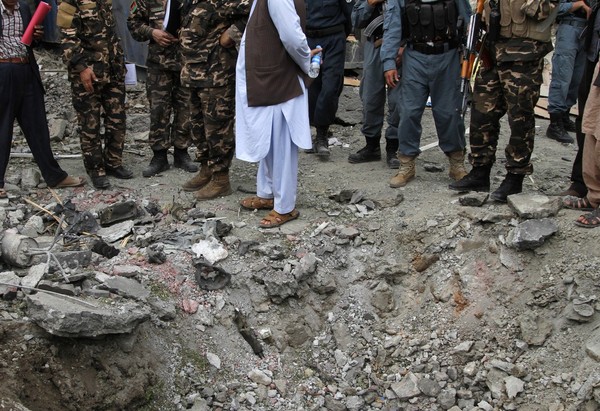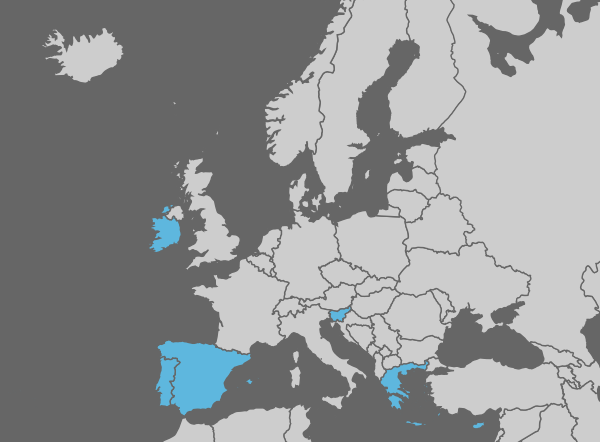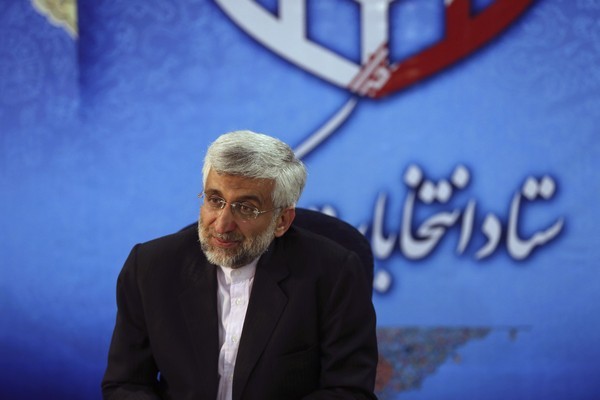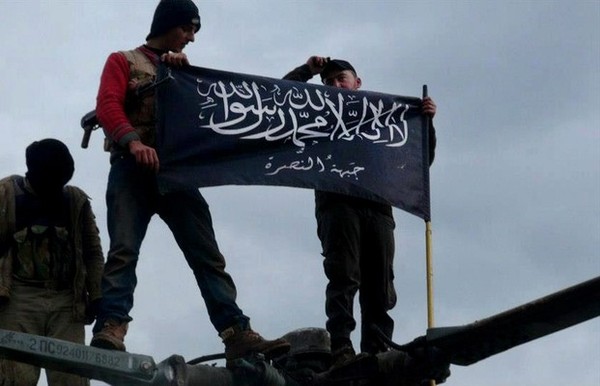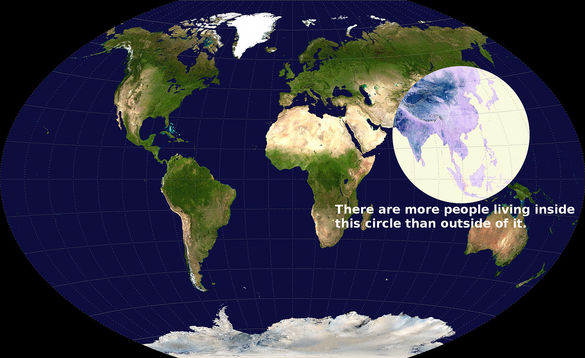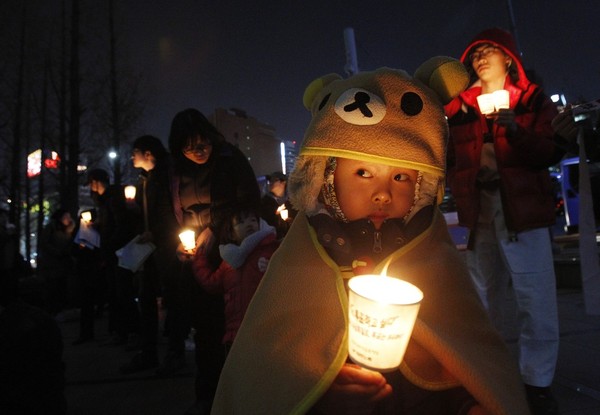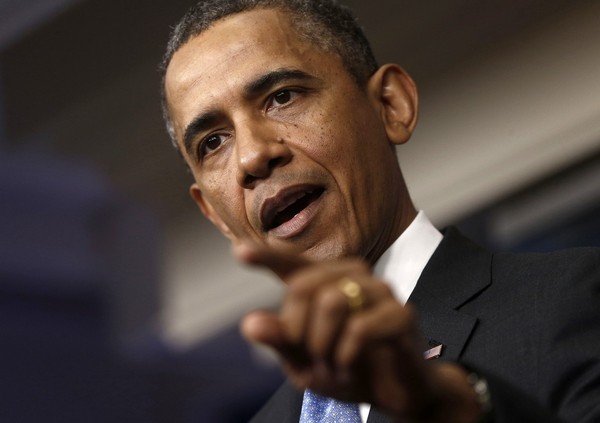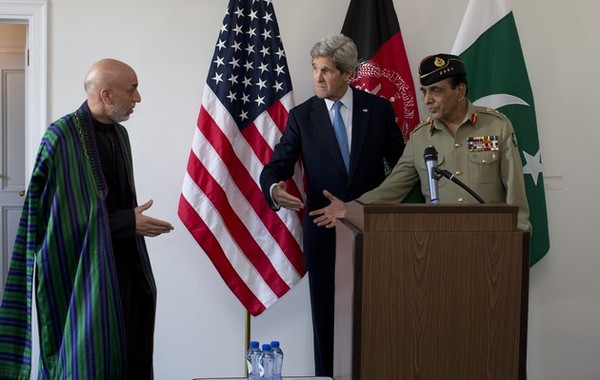Who Doesn't Trust Banks? Europeans
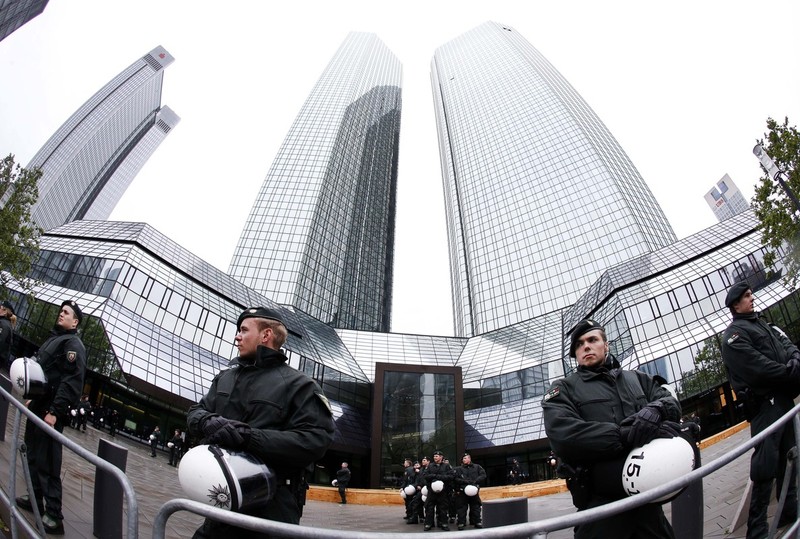
Europeans are more likely to distrust banks than anyone else around the world, according to a new survey from Gallup:
Confidence in financial institutions was regionally weakest in the EU; among the 27 EU member states, a median 37% of residents said they have confidence in their country's banks, while 55% did not. However, the trust level in the U.S. was exactly as low as the EU median, in line with the record-low levels Gallup found three years after the recession officially ended in the U.S.In sharp contrast to Europe and the U.S., many Asian countries have weathered the global financial crisis well and emerged with considerable economic momentum. This momentum helps explain why confidence in financial institutions was highest in Asia last year -- particularly among emerging markets in Southeast and South Asia, where median trust was 77% and 75%, respectively. In Sri Lanka, Thailand, Cambodia, and Malaysia, almost nine in 10 residents expressed confidence in the financial institutions in their countries.
Confidence in East Asia did not lag far behind its southern neighbors. Median trust in the region was 66%; in China, that figure was slightly higher at 72%.
None of this is terribly surprising, given the financial sector's role in plunging the U.S. and then Europe into a sustained crisis. But China may not be content with their financial institutions for very long. As the Economist has observed, China's banks are saddled with bad local government debt and "souring" property loans thanks to its recent "infrastructure binge."
(AP Photo)

